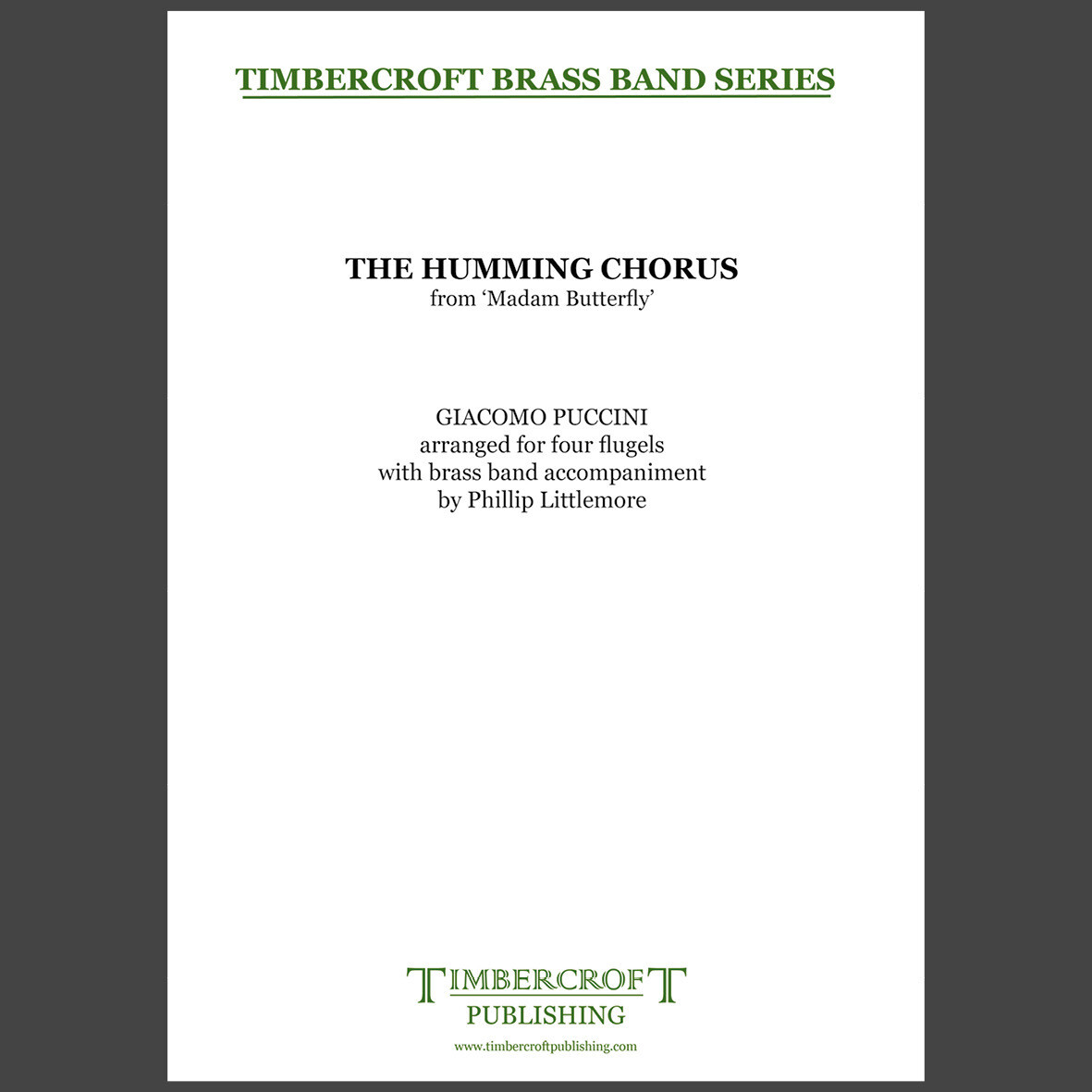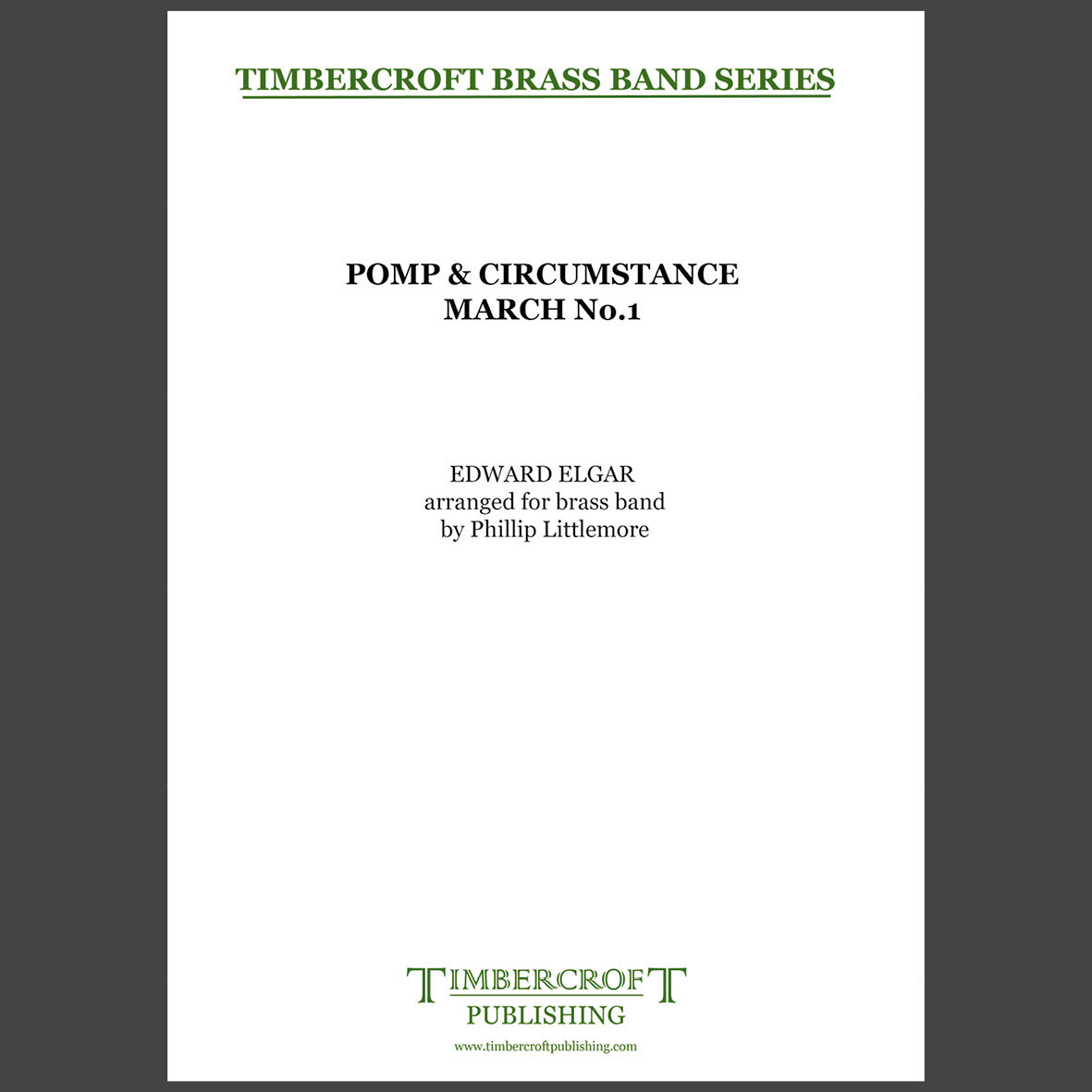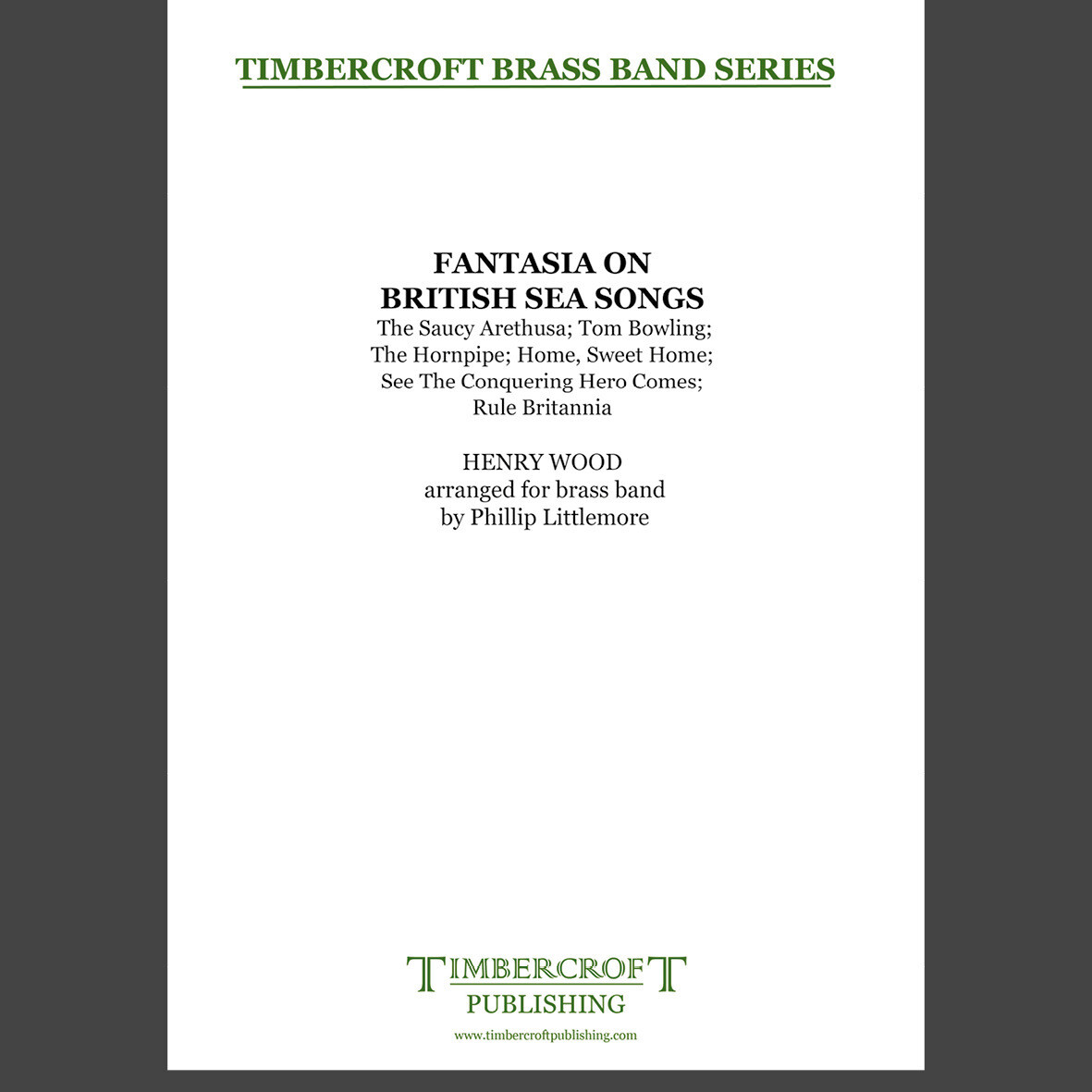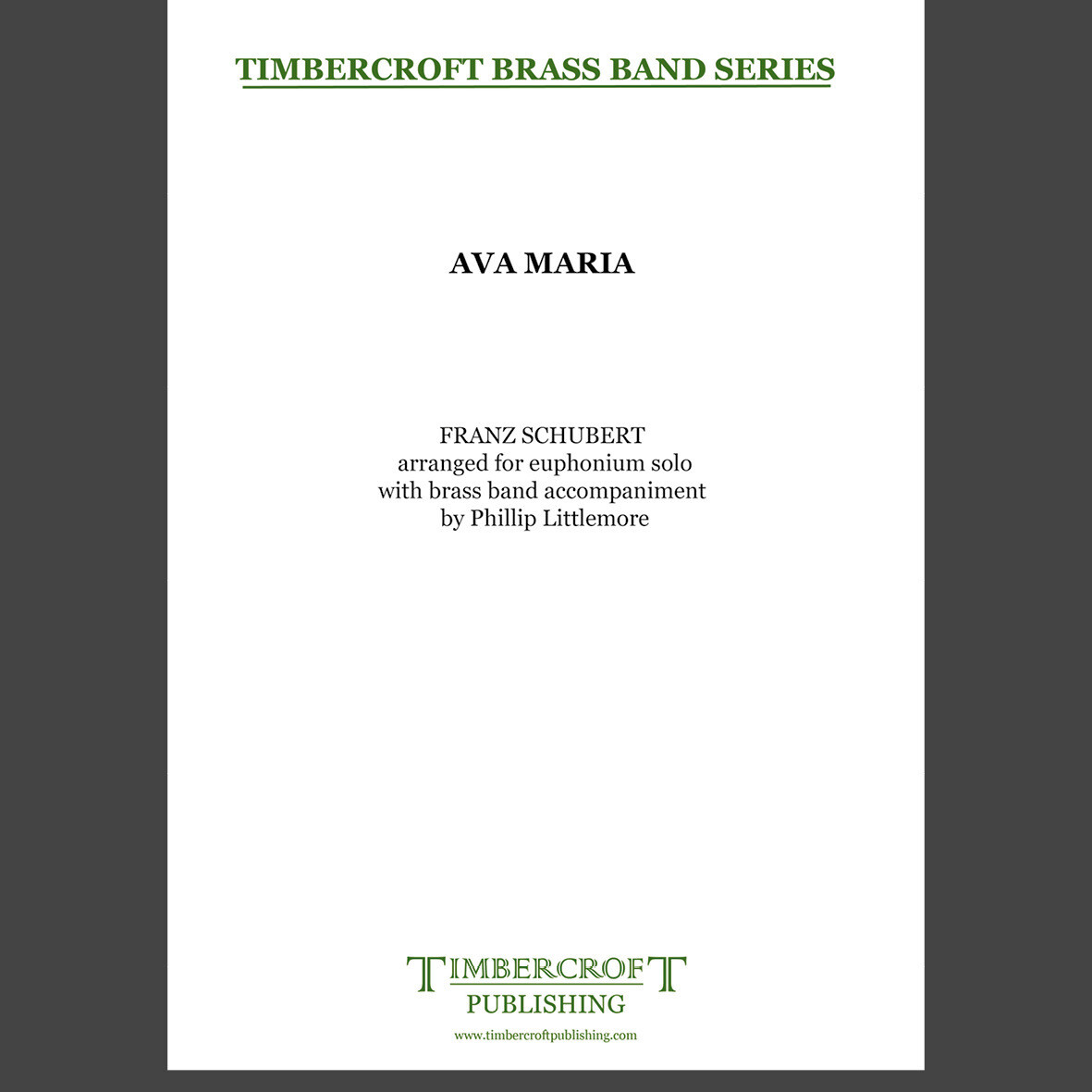Results
-
 £30.00
£30.00Black Bottom Stomp - Jelly Roll Morton
Ferdinand Joseph LaMothe, professionally known as Jelly Roll Morton, was an American ragtime and early jazz pianist, bandleader and composer who started his career in New Orleans, Louisiana. Widely recognised as a pivotal figure in early jazz, Morton is perhaps most notable as jazz's first arranger, proving that a genre rooted in improvisation could retain its essential spirit and characteristics when notated. His composition "Jelly Roll Blues" was the first published jazz composition in 1915. Morton is also notable for writing such standards as "King Porter Stomp", "Wolverine Blues", "Black Bottom Stomp", and "I Thought I Heard Buddy Bolden Say". Notorious for his arrogance and self-promotion, Morton claimed to have invented jazz outright in 1902, much to the derision of fellow musicians and the critics. At the age of fourteen, Morton began working as a piano player in a brothel (or, as it was referred to back then, a sporting house). In that atmosphere, he often sang smutty lyrics and took the nickname "Jelly Roll". While working there, he was living with his religious, church-going great-grandmother; who he convinced that he worked as a night watchman in a barrel factory. After Morton's grandmother found out that he was playing jazz in a local brothel, she kicked him out of her house and told him that "devil music" would surely bring about his downfall. Born in downtown New Orleans, Louisiana, his exact birth date differs depending to whichever source you want to believe; his half-sisters claimed he was born in September 1885, but his World War 1 draft card showed September 1884 and his California death certificate listed his birth as September 1889. He died in 1941 in Los Angeles.
-
 £30.00
£30.00Red Hot Pepper Stomp - Jelly Roll Morton
Ferdinand Joseph LaMothe, professionally known asJelly Roll Morton, was an Americanragtimeandearly jazzpianist, band leader andcomposer who started his career inNew Orleans,Louisiana. Widely recognised as a pivotal figure in earlyjazz, Morton is perhaps most notable as jazz's first arranger, proving that a genre rooted in improvisation could retain its essential spiritand characteristics when notated. His composition "Jelly Roll Blues" was the first published jazz composition in 1915. Morton is also notable for writing suchstandardsas "KingPorter Stomp", "Wolverine Blues", "Black Bottom Stomp", and "I Thought I HeardBuddy BoldenSay". Notorious for his arrogance and self-promotion, Morton claimed to have invented jazz outright in 1902, much to the derisionof fellow musicians and the critics. At the age of fourteen, Morton began working as a piano player in a brothel (or, as it was referred to back then, a sporting house). In that atmosphere,he often sang smutty lyrics and took the nickname "Jelly Roll". While working there,he was living with his religious, church-going great-grandmother; who he convinced that he worked as a night watchman in a barrel factory. After Morton's grandmother found out that he was playing jazz in a local brothel, she kicked him out of her house and told him that "devil music" would surely bring about his downfall. Born in downtown New Orleans,Louisiana, his exact birth date differs depending to whichever source you want to believe; his half-sisters claimed he was born in September 1885 but his World War 1 draft card showed September 1884 and his California death certificate listed his birth as September 1889. He died in 1941 in Los Angeles.
-
 £30.00
£30.00Sussex Carol - Traditional
This carol is also known by its first line "On Christmas Night all Christians Sing". It was discovered by Cecil Sharp in Gloucestershire and notably by Ralph Vaughan Williams in Sussex. Vaughan Williams heard it sung by Harriet Verrall of Monk's Gate, near Horsham, Sussex (hence "Sussex Carol"). It is the melody that Harriet Verrall sang that Vaughan Williams transcribed and published in 1919. It is this same version that is still very popular today.
-
 £30.00
£30.00Toot & Ska Men - Jock McKenzie
The musical building blocks for this work came from my research into 'Faux Egyptian Music' and found how useful it was to use the top four notes of a harmonic minor scale. As my research continued an 'earworm' started to form which ultimately manifested itself as "Toot & Ska Men". I'm sure a bit of influence was taken from the band "Madness" and their song "Night Boat to Cairo" too....
-
 £22.99
£22.99Who Is He In Yonder Stall - Bb Cornet Solo
This is an fabulous little Christmas cornet solo, that will mad an excellent addition to any programme. It starts very simply with the soloist and a quartet of horns, baritone and euphonium. It then builds for a fast verse and then modulates into the minor, with the horns taking the "Who is He" melody and the cornet moving to a minor version of "Silent Night". The piece then shifts back to the tonic key with the cornet finishing the final verse while the whole band then slowly re-enters.
Estimated dispatch 5-9 working days
-
 £30.00
£30.00Humming Chorus - Giacomo Puccini arr. Phillip Littlemore
In Puccini's opera, Madam Butterfly, the Coro a bocca chiusa (Humming Chorus) is performed by an off-stage chorus which hums a wordless, melancholy tune, whilst Butterfly, her maid Suzuki, and her child begin the long wait for husband Pinkerton to return after many years away. As night falls, Suzuki and the child are soon asleep, but Butterfly keeps her vigil. This arrangement features four flugel horns, each of which plays into the bell of a bass whilst the bass player moves the valves - creating a unique humming sound.Puccini actually wrote five versions of the opera, Madam Butterfly. After a disastrous premiere in early 1904, Puccini withdrew the opera and substantially rewrote it creating a very successful second version. However, he continued to tinker with the orchestration, not being satisfied until the fifth, and now standard, version dating from 1907.Duration: c.2'40"Difficulty: suitable for all grades
Estimated dispatch 5-7 working days
-
 £35.00
£35.00Pomp & CIrcumstance March No.1 - Edward Elgar arr. Phillip Littlemore
Elgar's Pomp & Circumstance March No. 1 was completed in July 1901 although the 'big tune' actually dates from earlier in that same year. It was premiered in Liverpool by its dedicatees, the Liverpool Orchestral Society, on the 19th October. It was repeated in London a few days later by Henry Wood at the Promenade concerts and the result was sensational, the audience roared its applause, and refused to allow the concert to continue. In order to restore order, Wood conducted the march three times - the only time in the history of the Promenade concerts that an orchestral item was accorded a double encore in Wood's lifetime.Now a staple of the 'Last Night of the Proms', where it always manages a partial encore, and a fitting item for any such themed concerts. This new arrangement recreates the colour from the original orchestral version.A video of this arrangement can be found here: Pomp & Circumstance March No.1Duration: c.6''00"Diffculty: 3rd Section and above
Estimated dispatch 5-7 working days
-
 £40.00
£40.00Fantasia on British Sea Songs - Henry Wood arr. Phillip Littlemore
Henry Wood's medley Fantasia on British Sea Songs was arranged in 1905 to mark the centenary of the Battle of Trafalgar. For many years it was as an indispensable item at the BBC's Last Night of the Proms concert.Wood's arrangement comprised nine parts, although this transcription has been somewhat truncated to make it more manageable for a brass band concert. The movements selected are The Saucy Arethusa; Tom Bowling; Jack's The Lad (The Hornpipe); Home; Sweet Home; See The Conquering Hero Comes; Rule Britannia. Duration: 5'00"Difficulty: Suitable for all
Estimated dispatch 5-7 working days
-
 £30.00
£30.00Ave Maria - Franz Schubert arr. Phillip Littlemore
Franz Schubert wrote his Ave Maria in 1825. It is the third of three song settings from Sir Walter Scott's poem The Lady of the Lake, itself written in 1810. It's proper title is Ellen's Song, named after the heroine of Scott's poem, Ellen Douglas.It has been suggested that the opening two words of the original song may have led to the idea of it being arranged for the full text of the Roman Catholic Prayer. It is now most often performed in this latter adaptation, thus leading to the misconception that it was originally set with the prayer in mind.Even in Schubert's own brief lifetime, he was only thirty-one when he died, this song was considered a masterpiece. It acquired greater popularity when it was used in the 1940 Walt Disney film Fantasia where its beauty and simplicity offered calm and respite following the tempestuous strains of Mussorgsky's A Night on Bare Mountain .Duration: 3'40"Difficulty: Suitable for all
Estimated dispatch 5-7 working days
-
£40.00
Dial M for Midnight - Matthew Hall
Dial M for Midnight is a jazz-based solo for aspiring and accomplished cornet players alike. Technically not particularly demanding yet quite complicated rhythmically, Dial M allows players young and old to stand up and show off their skills in a work which has it's roots in Latin America but travels through the late night smoke-filled jazz clubs along the way. Commissioned by Jim Hayes for his debut CD recording, Dial M is the title track. Nicknamed Jimmy Midnight, Jim Hayes has established himself as one of the leading cornet players in the world playing within the Scottish Co-Op Band. Dial M is a take on Jim's persona and his love of jazz, the culmination of which ends up as a witty pastiche signature track of all things James Bond to Perry Mason.
Estimated dispatch 5-7 working days
